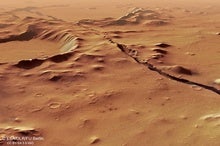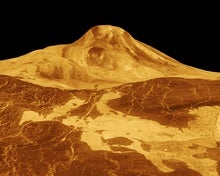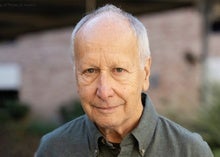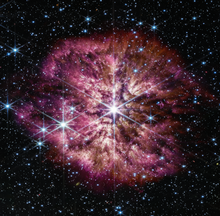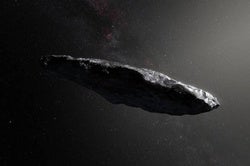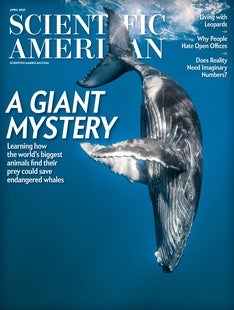 |
| March 23, 2023 |
This week, we’re revisiting an old friend on a long, strange trip. It’s been more than five years since ’Oumuamua, the first known interstellar visitor, streaked through the solar system. Astronomers only had a brief window of opportunity in which to lavish ’Oumuamua with observations, and most of the precious few data points they managed to get raised more questions than answers about this foreign object’s true nature. One of the most enduring mysteries has been how ’Oumuamua managed to produce a slight unexpected acceleration in its outbound trajectory. Our top story covers a new study suggesting this anomalous acceleration may have been due to rocket-like plumes of hydrogen venting from sun-warmed water ice—a result that would mean that ’Oumuamua might not be so “alien” after all, and instead resembles a run-of-the-mill comet (albeit one radically reshaped by the harsh environment of interstellar space). Whatever the truth is, we will probably never know—’Oumuamua itself is now long gone, far beyond the reach of even our very best telescopes. Elsewhere, we have stories about volcanism on Venus and Mars, the possibility of human extinction, a major prize for “smooth” physics, the risks of war in space, and much more. Enjoy! |
| | Lee Billings, Senior Editor, Space & Physics | |
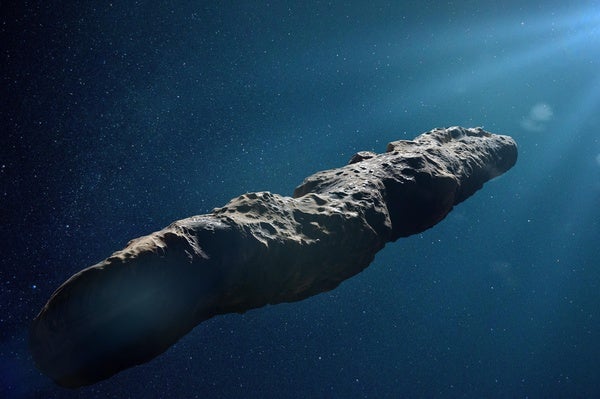 |
| |
| |
| |
| |
| |
| |
| |
| |
| |
| |
| |
| |
| |
FROM THE ARCHIVE
 | | | |
LATEST ISSUES
 |
| |
| Questions? Comments?  | |
| Download the Scientific American App |
| |
| |


.jpg)




